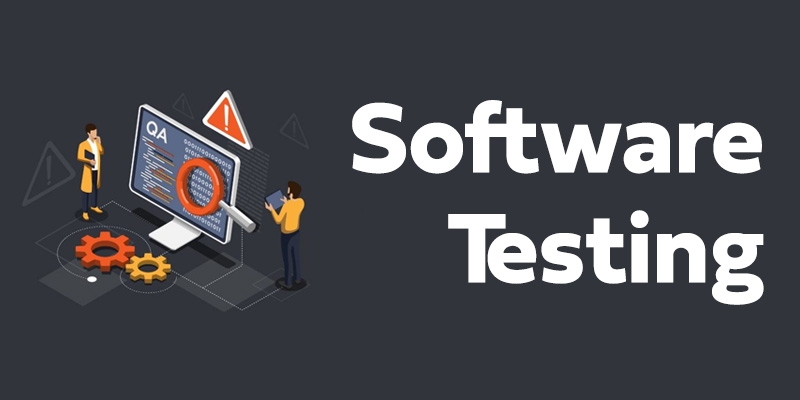What is Software Testing ?
 Shivanshi Singh
Shivanshi Singh
Introduction to Software Testing
Software testing is a critical phase in the software development lifecycle that ensures the functionality, performance, and security of a software product. It involves evaluating and verifying that a software application or system meets the specified requirements and is free of defects.
This article provides a structured overview of software testing, its importance, types, methodologies, and tools.
Importance of Software Testing
Quality Assurance: Ensures the software product is of high quality and meets user expectations.
Error Detection: Identifies defects and errors that may have been introduced during development.
Cost Efficiency: Reduces the cost of fixing bugs by detecting them early in the development process.
Security: Ensures the software is secure from vulnerabilities and potential threats.
Performance: Validates that the software performs efficiently under expected load conditions.
Compliance: Ensures the software meets industry standards and regulatory requirements.
Types of Software Testing
1. Manual Testing
Exploratory Testing: Testers explore the application without predefined test cases.
Ad-Hoc Testing: Unplanned testing method to find defects by randomly testing the system.
2. Automated Testing
Unit Testing: Testing individual components or modules of the software.
Integration Testing: Testing the combination of different modules to ensure they work together.
System Testing: Testing the complete integrated system to verify it meets requirements.
Acceptance Testing: Testing conducted to determine if the system satisfies the business requirements.
Software Testing Methodologies
1. Waterfall Model
- Sequential approach where testing is a distinct phase following development.
2. Agile Model
- Iterative approach where testing is integrated throughout the development process.
3. V-Model
- Extension of the Waterfall model with testing activities corresponding to each development stage.
4. DevOps
- Combines development and operations with continuous integration and continuous testing.
Software Testing Tools
1. Selenium
- Open-source tool for automating web applications.
2. JUnit
- Framework for writing and running tests in Java.
3. TestNG
- Testing framework inspired by JUnit, designed for higher flexibility.
4. LoadRunner
- Performance testing tool for determining system behavior under load.
5. QTP/UFT
- Functional and regression test automation tool.
Phases of Software Testing
1. Requirement Analysis
- Understanding the testing requirements from the software requirements specification.
2. Test Planning
- Developing a test plan document, outlining the strategy and scope of testing.
3. Test Case Development
- Creating detailed test cases and test scripts.
4. Test Environment Setup
- Preparing the testing environment and ensuring it mirrors the production environment.
5. Test Execution
- Running the tests and reporting any defects.
6. Test Closure
- Concluding testing activities, including test closure reports and metrics.
Challenges in Software Testing
Dynamic Requirements: Changing requirements can complicate testing processes.
Time Constraints: Limited time for thorough testing due to tight deadlines.
Complexity: Increased complexity of modern applications can make testing more difficult.
Resource Limitations: Limited availability of skilled testers and testing tools.
Best Practices in Software Testing
Early Testing: Start testing activities early in the development lifecycle.
Regular Updates: Keep test cases and test plans updated with any changes in requirements.
Automate Where Possible: Use automation to improve efficiency and coverage.
Detailed Documentation: Maintain thorough documentation for traceability and accountability.
Continuous Learning: Stay updated with the latest testing trends, tools, and methodologies.
Conclusion
Software testing is an indispensable part of the software development process, ensuring the delivery of a high-quality product that meets user expectations and requirements. To enhance your knowledge and skills in this critical area, consider enrolling in a software testing course in Delhi, Noida, Gurgaon, or other cities across India. By understanding the various types, methodologies, and tools associated with software testing, organizations can better manage their testing efforts and produce reliable, efficient, and secure software applications.
Subscribe to my newsletter
Read articles from Shivanshi Singh directly inside your inbox. Subscribe to the newsletter, and don't miss out.
Written by

Shivanshi Singh
Shivanshi Singh
I am a Digital Marketer and Content Marketing Specialist, I enjoy technical and non-technical writing. I enjoy learning something new. My passion and urge is to gain new insights into lifestyle, Education, and technology.